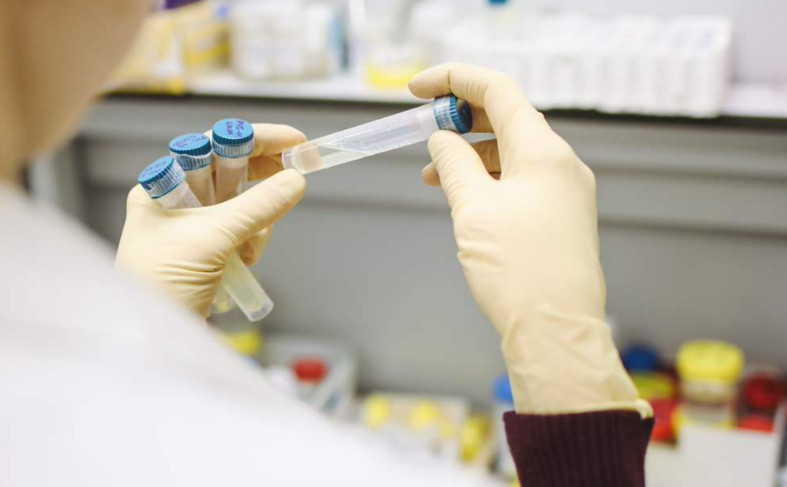COVID-19: Moderna must fulfil its promise to share technology to ensure COVID-19 vaccine breakthrough is not limited to rich countries

US biotech company Moderna says its new vaccine is 94.5 percent effective against COVID-19.
Responding to the announcement, Stephen Cockburn, Amnesty International’s Head of Economic and Social Justice Programme, said:
“Having already sold most of its potential 2021 vaccine supply to rich countries, Moderna must follow through on its promise to allow others to make the vaccine, and provide the knowledge and technology to do so, once the vaccine has proven to be safe and effective.
"Companies like Moderna and Pfizer-BioNTech have a responsibility to respect human rights and they should play a leading role towards a global solution to COVID-19 by sharing and ensuring affordable prices. They must not act in a way that allows governments to hoard vaccines for a privileged few.
“We can only put an end to COVID-19 if companies ensure that those most in need of life-saving vaccines are not left behind. It’s time for companies to live up to their human rights responsibilities and ensure the widest possible access to their innovations.”
BACKGROUND
To date, Moderna is the only company that has committed to not enforce its intellectual property rights and allow others to make the vaccine.
Moderna says it can manufacture between 500 million and 1 billion vaccine doses in 2021 (two doses per person needed), but it has only struck deals with rich countries that may account for the majority of these. The US has paid for 100 million doses already, with an option of a further 500 million. Canada has ordered 56 million, Japan 50 million, and the European Commission completed advanced talks with Moderna for up to 160 million doses. As these negotiations tend to be done behind closed doors, additional deals could also be underway.
This announcement follows a on 9 November, which highlighted that companies “should refrain from causing or contributing to adverse impacts on the rights to life and health by invoking their intellectual property rights and prioritizing economic gains.”
Under international law, companies have a responsibility to respect human rights and, among others, must not impede States’ efforts to realise the right to health and access to medicines.
